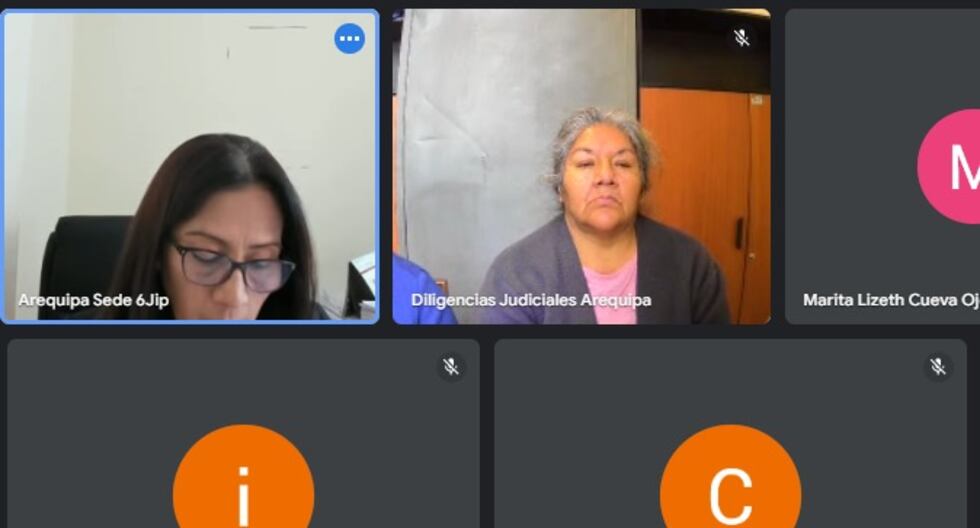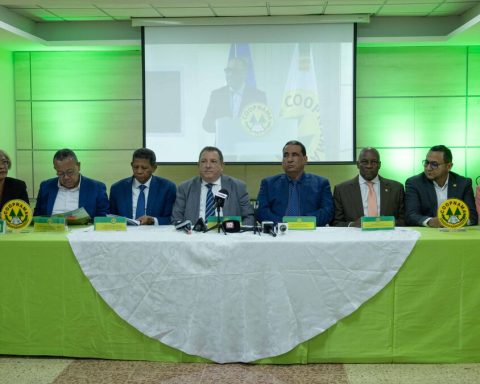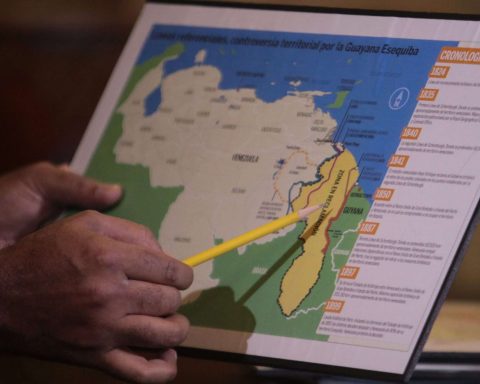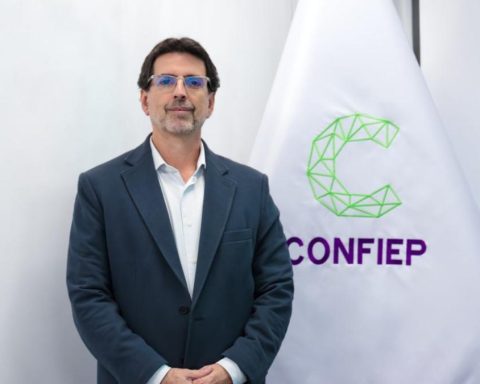The reform consists of including the following text in Article 123: “The State will provide monthly financial support of at least one daily minimum wage to young people between 18 and 29 years of age who are unemployed and not pursuing any level of formal education, in order for them to be trained for work in a period of up to 12 months in businesses, companies, workshops, stores and other economic units, under the terms established by law.”
In his initial statements, Deputy Francisco Javier Farías Bailón, from Movimiento Ciudadano, highlighted that the Jóvenes Construyendo el Futuro program is one of the most closely monitored by the Superior Audit Office of the Federation (ASF), which found that companies are asking for a bribe from young beneficiaries.
In 2023 alone, some 180 billion pesos of that program were found to have irregularities in their use, as duplicate payments, registration of ghost companies and requests for bribes from young people were evident, highlighted Carlos Eduardo Gutiérrez, of the Institutional Revolutionary Party (PRI).
He also brought up the issue of violence affecting young people, as there are 638 thousand people under 30 years of age who have been murdered, and they form part of the 47% of intentional homicides, which is why young people require more than a social program.
“We recognize this proposal, but it falls short,” said PAN member Abril Ferreriro Rosado, who nevertheless demanded that the support be universal, accessible to all youth, and also grant them social security and access to housing.
“Financial support cannot be the only solution,” said the legislator, in a debate dominated by those under 40 years of age.
For Morena, Guillermo Rafael Santiago Rodríguez said: “Before, we didn’t receive support. We received bullets.”

















